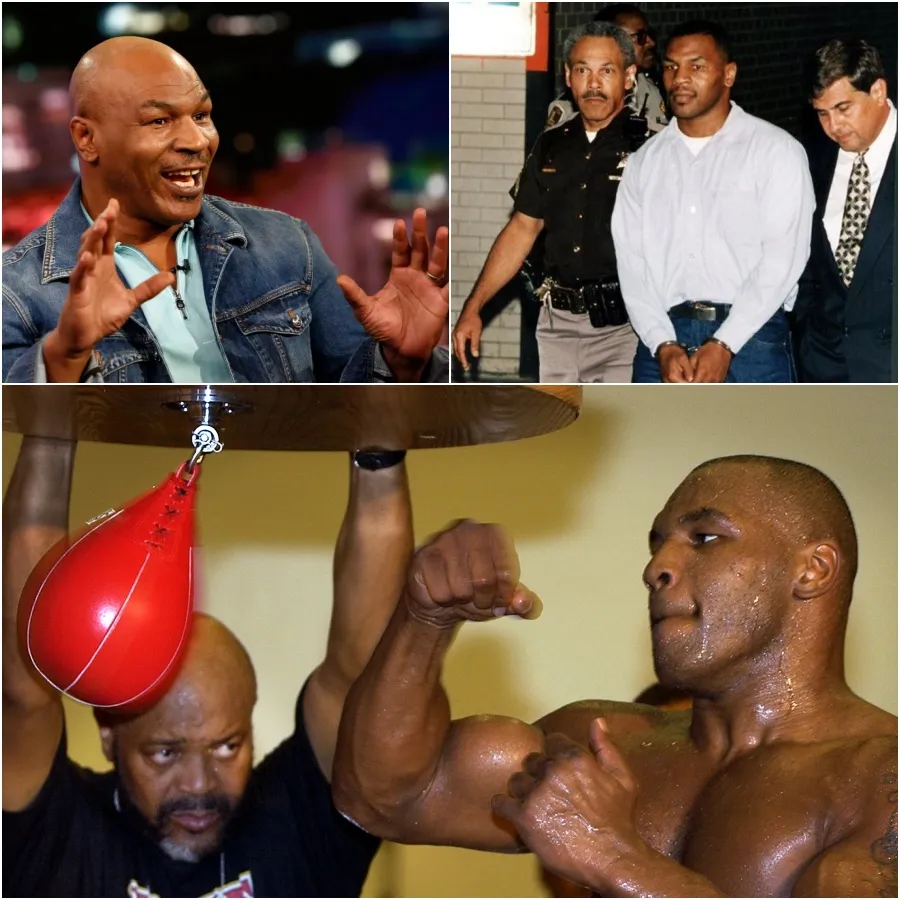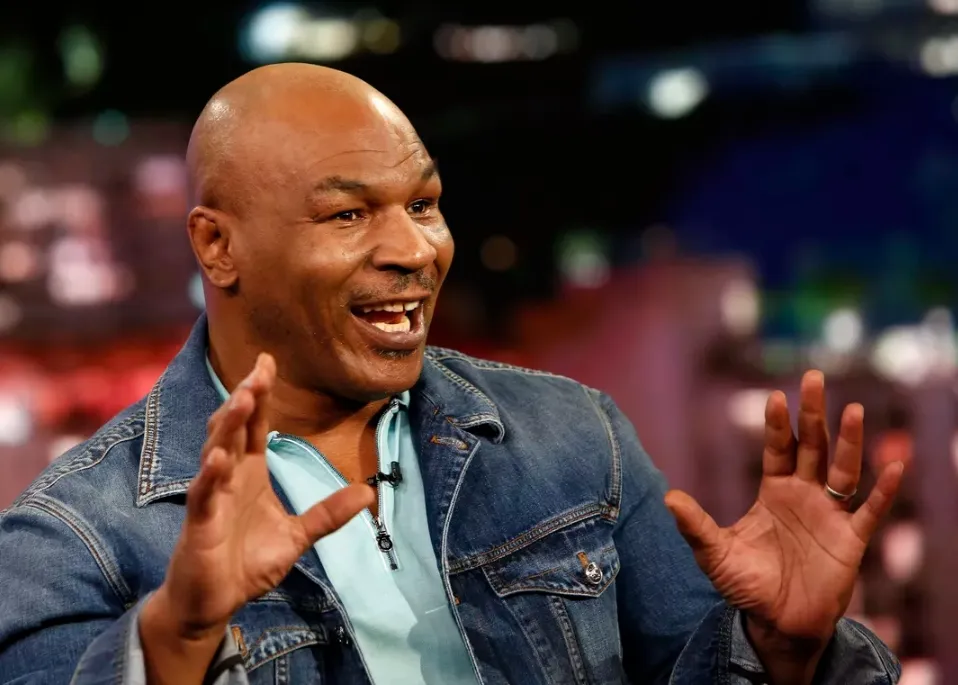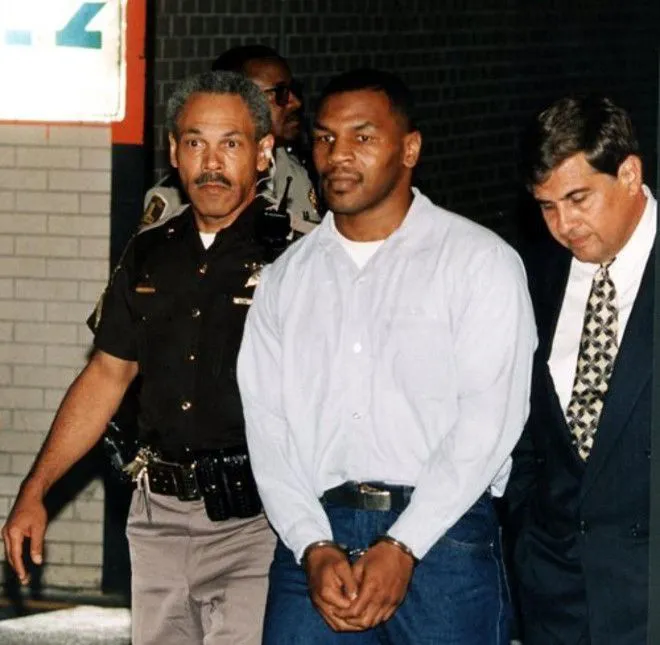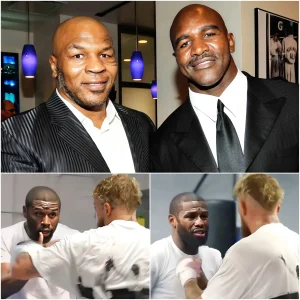Mike Tyson, often hailed as one of the greatest boxers of all time, has a life story that is as compelling outside the ring as it was inside it. From a tumultuous childhood to the pinnacle of boxing fame, Tyson’s journey is marked by a series of highs and lows that reveal a deeply troubled life, often hidden behind his fierce persona and unparalleled success in the sport.
Mike Tyson was born on June 30, 1966, in Brooklyn, New York, into a world filled with poverty and crime. His father abandoned the family when Tyson was just two years old, leaving his mother to raise him and his siblings in a rough neighborhood. The young Tyson quickly became acquainted with the harsh realities of life. By the age of ten, he was involved in petty crimes and gang activities, and his violent outbursts often led him into trouble.
At the age of 13, Tyson’s life took a significant turn when he was sent to the Tryon School for Boys, a reform school in upstate New York. It was there that his potential as a boxer was first recognized by counselor Bobby Stewart, who introduced him to legendary trainer Cus D’Amato. D’Amato became a father figure to Tyson, channeling his anger and aggression into the sport of boxing.
Under D’Amato’s guidance, Tyson’s career skyrocketed. He made his professional debut at 18 and quickly became known for his explosive power and intimidating presence in the ring. In 1986, at just 20 years old, Tyson became the youngest heavyweight champion in history by defeating Trevor Berbick. His ferocious style and knockout ability earned him the nickname “Iron Mike,” and he seemed unstoppable.
Tyson’s dominance in the ring was matched by his flamboyant lifestyle outside of it. He accumulated wealth and fame rapidly, but his personal life was spiraling out of control. The pressures of fame, combined with his unresolved childhood trauma, led to erratic behavior and poor decision-making.
Tyson’s career took a dark turn in the late 1980s and early 1990s. His tumultuous marriage to actress Robin Givens, marred by allegations of abuse and infidelity, ended in a highly publicized divorce. In 1992, Tyson was convicted of raping 18-year-old Desiree Washington, a beauty pageant contestant. He was sentenced to six years in prison but was released on parole after serving three years.
Upon his release, Tyson attempted a comeback in the boxing world but struggled to regain his former glory. His infamous disqualification in 1997 for biting Evander Holyfield’s ear during a match further tarnished his reputation. Tyson’s erratic behavior, substance abuse, and financial mismanagement led to a series of legal and financial woes, culminating in bankruptcy in 2003.
Behind Tyson’s troubled life lies a terrifying secret: his lifelong battle with mental health issues. Tyson has openly discussed his struggles with depression, anxiety, and substance abuse. He has been diagnosed with bipolar disorder, which has contributed to his unpredictable behavior and violent outbursts.
In recent years, Tyson has sought to address these issues and has become an advocate for mental health awareness. He credits his wife, Lakiha Spicer, and his conversion to Islam for helping him find stability and peace. Tyson’s journey towards healing is ongoing, and he continues to confront the demons of his past while striving to build a better future.
Despite the many challenges he has faced, Tyson’s story is also one of redemption and reinvention. He has transitioned into a successful career as a podcast host, actor, and cannabis entrepreneur. His candid discussions about his life and struggles have garnered him a new generation of fans who admire his resilience and honesty.
Tyson’s legacy in the world of boxing remains intact, but his life outside the ring offers valuable lessons about the importance of addressing mental health issues and the impact of childhood trauma. His story serves as a powerful reminder that even those who appear invincible can be battling their own terrifying secrets.
In conclusion, Mike Tyson’s life is a testament to the complexities of human nature and the capacity for growth and change. His journey from a troubled youth to a boxing legend, and ultimately to a figure of redemption, is both inspiring and cautionary. By revealing the terrifying secret of his mental health struggles, Tyson has opened a crucial dialogue about the importance of mental well-being, proving that true strength lies not just in physical prowess but in the courage to confront one’s inner battles.





